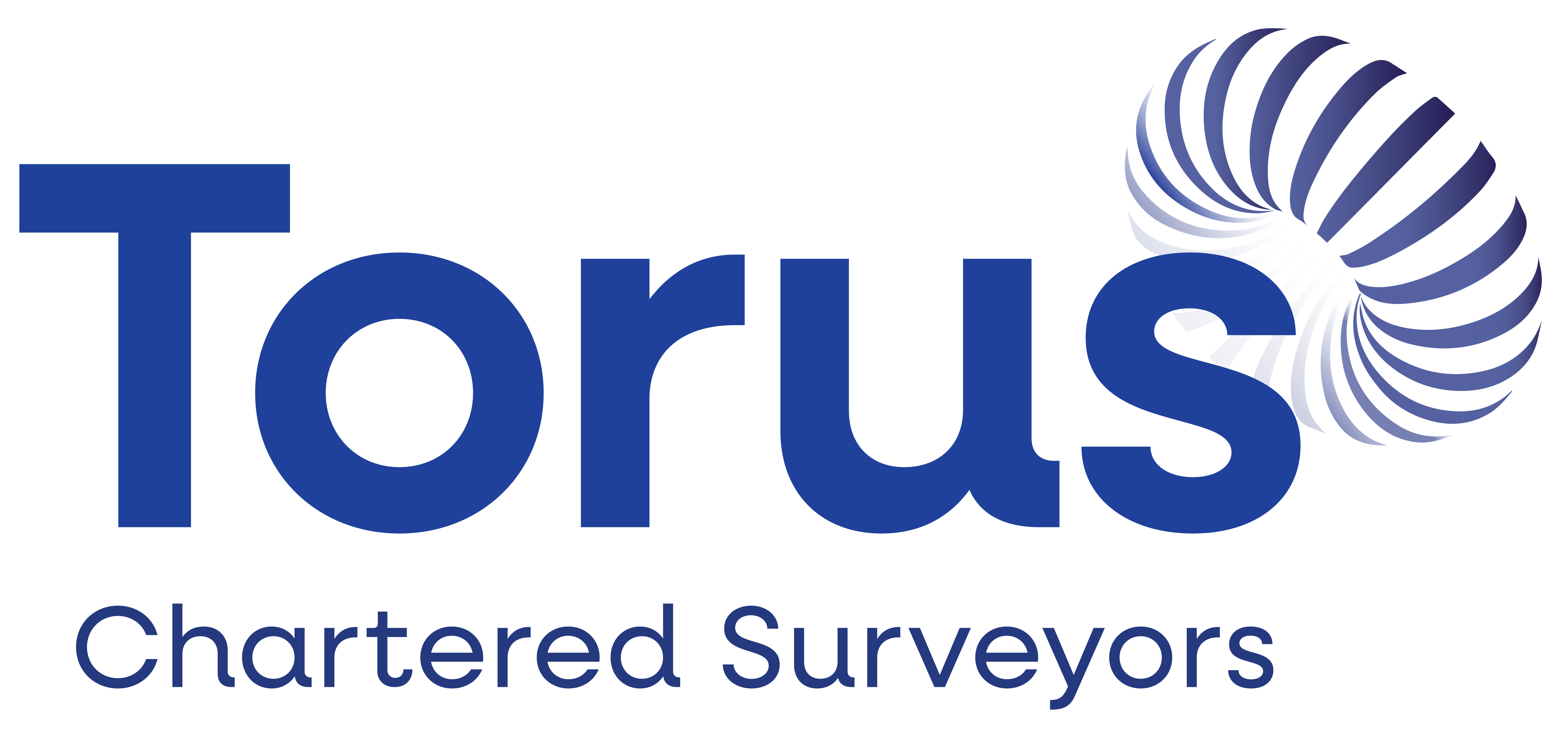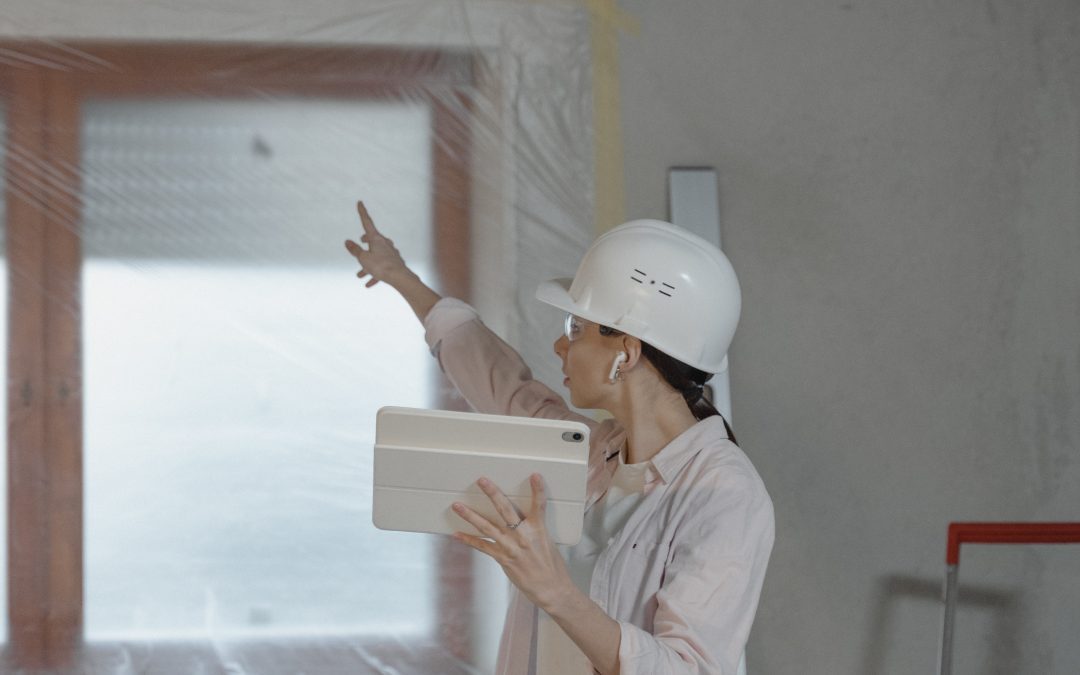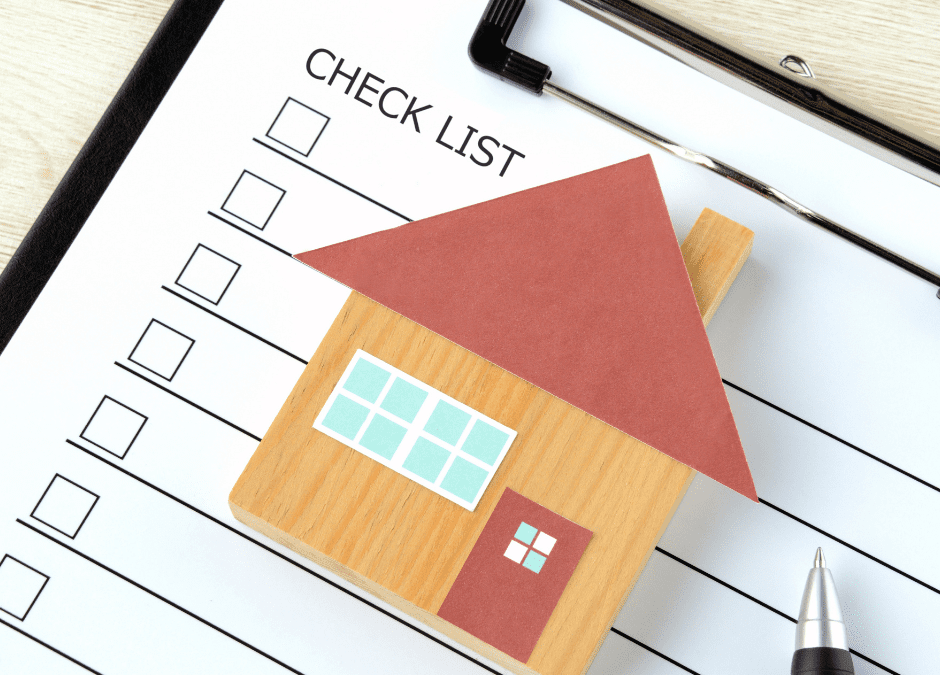
House Valuations: What Does An RICS Valuer Look For?
What is an RICS Valuation Surveyor?
When putting your home up for sale, you will receive an estimated market value from your estate agent. This value indicates how much they think a buyer will be willing to pay for it. You can go with this number, however, an estate agent’s valuation may be designed for a quick sale or higher commission.
For a property valuation, you know will be fair and accurate, you can also book an RICS survey. RICS Valuers are registered with the Royal Institute of Chartered Surveyors (RICS), and must follow strict guidelines. When undertaking a valuation, whether it’s for a home owner or for probate purposes, they must provide detailed evidence to show how and why they’ve given your property a certain market value. RICS registered valuers will estimate how much your home is worth using criteria set out in the RICS ‘Red Book Global Standards’ guide.
What do RICS Valuers look for during house valuations?
When undertaking a valuation (which will usually take about half an hour), your RICS Valuation Surveyor will assess:
• Your property’s size and location
• It’s overall condition
• The way it was built
They will then evaluate your property and compare it with similar properties that have recently been sold in the local area.
What will the house valuation include?
An RICS Valuation contain information which is relevant to the valuation, this may include;
• What your property is made from and how it was built, including its date of construction.
• The size of the buildings and grounds – including number of bedrooms and the size of any gardens or attached land.
• Whether or not you have any additional garages, parking facilities, or outbuildings
• Your property’s structural condition – is there any damage?
• Any improvements, such as loft conversions or extensions.
• Your home’s location – is it close to local amenities? If so, what kind? And is it in a desirable area?
• The sale prices of three similar properties that have recently sold nearby.
Having an awareness of what your RICS valuation surveyor will look for during a house valuation can help make sure you get an accurate and favourable estimate. For instance, you might find it beneficial to carry out any structural repairs before booking your RICS valuation — a majority of buyers are more likely to go for a home in good condition than one that needs work.
RICS valuation surveyors in Manchester and North Cheshire
If you’re looking for a house survey in the Manchester area, consider contacting us here at Torus Chartered Surveyors. Whether you need a shared ownership valuation, help to buy valuation, or another form of RICS valuation, we have the expertise and experience to help.
As RICS Registered Valuers, you know the valuation you receive from our team will meet the standards set out by the Royal Institute of Chartered Surveyors. Plus, with our quick turnarounds, you can usually get your valuation back within 48 hours.
Not sure which type of property valuation you need? Don’t worry, we’re on hand to answer any questions! For more information or to organise your house valuation, please don’t hesitate to get in touch.





